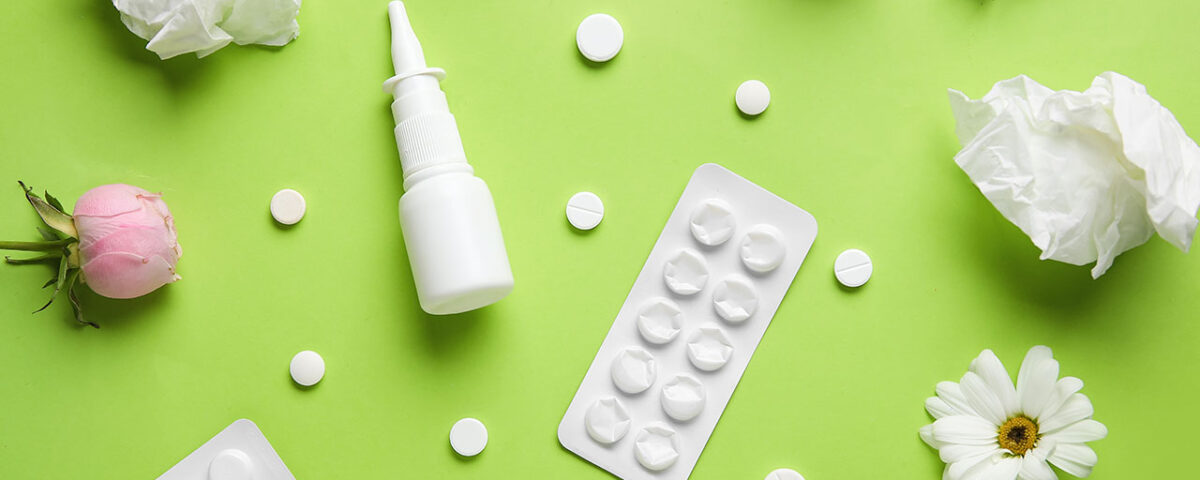Millions of people around the world suffer from allergies, which can lead to a variety of bothersome symptoms like sneezing, itching, and congestion. Like what people do when they are suffering from a cold, many people use allergy medication to reduce these feelings and recover control over their daily life. These over the counter or prescription drugs relieve symptoms by obstructing or lowering the body's allergic reaction. But just like with any drug, there are worries regarding possible addiction and dependence. Banyan Treatment Centers Delaware is exploring the possibility of an allergy medicine addiction.
Types of Allergy Pills & Medications
There are several different drugs that can be used to treat allergies. Histamine, a substance generated during an allergic reaction, is frequently blocked by antihistamines like Claritin (loratadine) and Zyrtec (cetirizine). They aid in easing symptoms, including runny nose, itching, and sneezing. Decongestants, such as Sudafed (pseudoephedrine) and Afrin (oxymetazoline), reduce congestion and make breathing easier by constricting blood vessels in the nasal passages.
Corticosteroid nasal sprays, such as Flonase (fluticasone) and Pulmicort (budesonide), serve to lessen nasal inflammation, which relieves congestion and other nasal symptoms. Itchy, red, and watery eyes can be soothed using eye drops containing antihistamines or mast cell stabilizers, such as Pataday (olopatadine) and Zaditor (ketotifen). Each type of medication targets specific allergy symptoms, and the choice of medication often depends on the individual's symptoms and their severity.
Can You Get Addicted to Allergy Pills?
Although allergy medicine addiction is rare, it is important to know the difference between physical dependence and addiction. Antihistamines, particularly taken as prescribed, are typically regarded as non-addictive allergy medications. They do not lead to the same strong cravings or euphoric sensations that are brought on by addictive medications like opioids or stimulants.
It should be noted that some people may physically become dependent on specific allergy drugs. With continued use, the body may become accustomed to the medicine, which could result in tolerance and minor withdrawal symptoms after stopping use. Due to their physical need, people may feel as though they must continue taking their prescription even when it is no longer essential.
Although it is uncommon for people to get addicted to over-the-counter allergy medications, certain decongestant drugs, including those containing pseudoephedrine, have a higher risk of abuse because of their stimulating qualities. When taken in excess or improperly, these decongestants might elevate heart rate, agitation, and restlessness. Use of these drugs over an extended period or in excess can result in rebound congestion and psychological dependence.
It is essential to adhere to the suggested dosage and course of therapy as indicated by medical authorities to reduce the danger of physical dependence or allergy medicine abuse. Consult your healthcare professional for individualized advice and other treatment alternatives if you are worried about the potential for allergy medicine dependence or addiction.
Treating Dependence and Addiction at Our Delaware Drug Rehab
If you or a loved one is currently struggling with a drug or alcohol addiction, our detox in Delaware offers the chance to address any withdrawal symptoms in a safe and clinical environment. This is a crucial step in the recovery process because some of these symptoms can be life-threatening depending on the abused substance in question. Our Delaware rehab center also boasts a variety of addiction treatment programs dedicated to helping patients overcome the challenges and mindsets that contribute to the disease in question.
To learn which treatment program is right for you or your loved one, call Banyan Delaware today at 888-280-4763.
Related Reading









